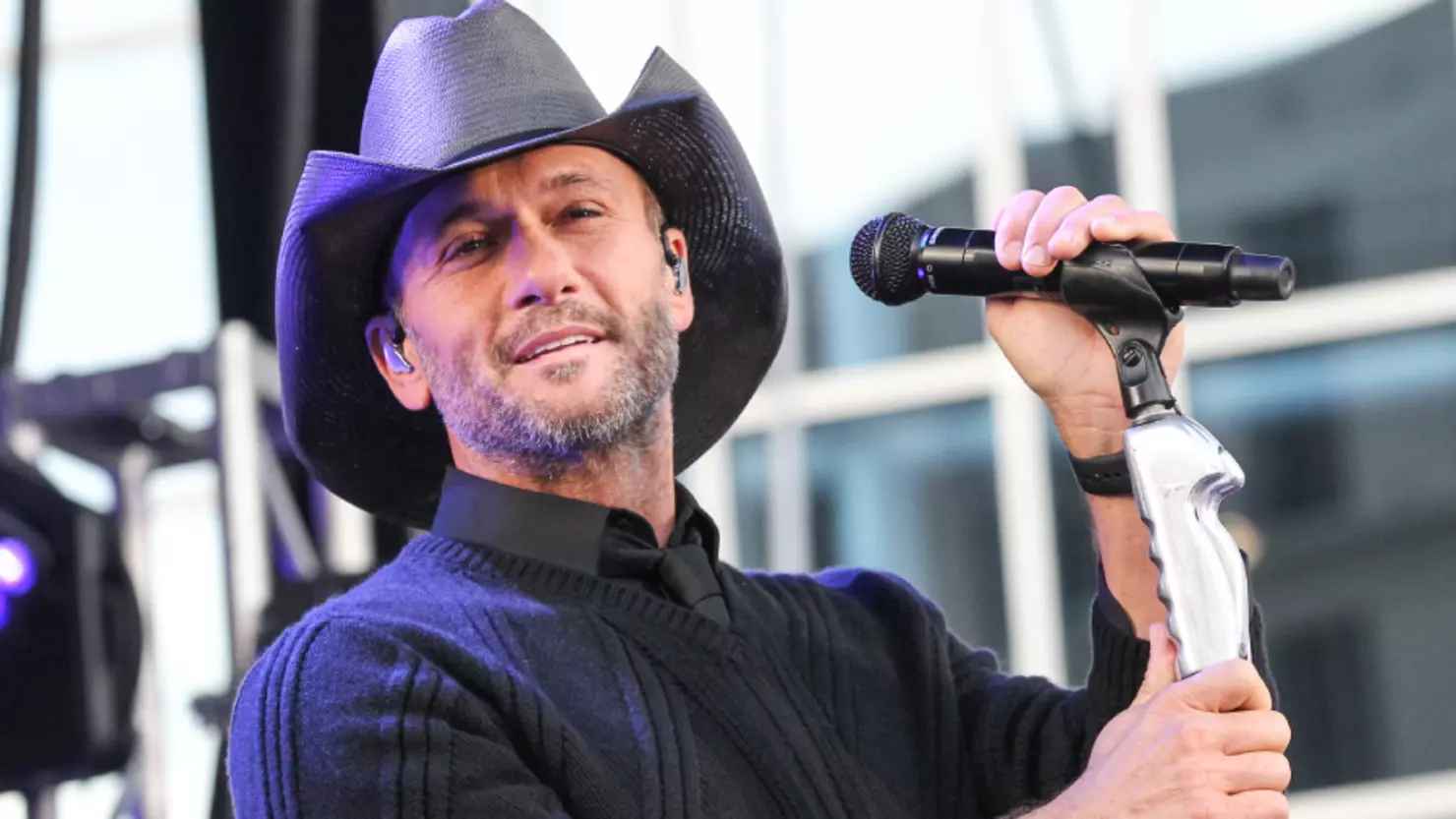
A Heart Torn Between the Open Road and the Voice That Still Haunts It
When Tim McGraw released “Highway Don’t Care” in 2013 as the third single from his album Two Lanes of Freedom, it quickly carved its place into the contemporary country landscape. The song climbed to No. 1 on the Billboard Country Airplay chart and peaked at No. 22 on the Billboard Hot 100, a testament to its cross-genre resonance. Featuring haunting guest vocals by Taylor Swift and masterful guitar work from Keith Urban, this track is more than a radio-friendly collaboration—it is a layered meditation on distance, disconnection, and the stubborn persistence of love long after it’s gone.
At its surface, “Highway Don’t Care” is a song about driving—about escape, about movement—but beneath the asphalt metaphor lies an aching void. The premise is deceptively simple: a man watches someone he once loved drive away, and as she speeds down that endless ribbon of highway, he confesses what the road never will—that he still cares. The “highway,” personified as indifferent and unfeeling, becomes the silent antagonist. It doesn’t grieve, doesn’t comfort—it just carries her farther away. This juxtaposition between human vulnerability and impersonal geography gives the song its emotional weight.
The narrative unfolds in two voices. McGraw delivers the male protagonist’s perspective—restrained, reflective, and tinged with regret. He offers no pleas for reconciliation, only observations drenched in quiet sorrow: “I can’t live without you baby / I can’t live without you.” These aren’t declarations shouted into the void; they’re whispered confessions that echo louder precisely because they are unspoken to their intended recipient.
Enter Taylor Swift, whose ethereal backing vocals serve as the phantom presence of the woman behind the wheel. Her voice is heard through the car radio—singing another song entirely within this song’s framework—adding a meta-layer that blurs reality and memory. It’s an ingenious device: Swift’s voice becomes both a literal element in the story (a song playing on the stereo) and a symbolic one (a ghostly reminder of intimacy now lost). Her contribution isn’t merely ornamental; it deepens the emotional topography of the piece.
Keith Urban’s searing guitar solo acts as an instrumental monologue, articulating all that cannot be said in words—a scream of longing rendered in bending notes and cascading runs. The choice to include him is not just about star power; it reflects a deliberate construction of mood and meaning. Together, these three artists create an emotional ecosystem where melody and message are inseparable.
At its core, “Highway Don’t Care” explores the strange comfort of heartbreak rituals—the songs we play, the roads we drive, the memories we revisit like old wounds we cannot help but touch. In a world increasingly distracted by immediacy, this song reminds us of enduring sorrow: how pain lingers not only in our minds but in our physical surroundings—the hum of tires on pavement, a familiar voice over static, a line from a song we thought we’d forgotten.
This is not merely a country ballad dressed in modern production—it is an elegy for lost connection delivered with clinical precision and emotional rawness. In its synthesis of narrative complexity and sonic craftsmanship, “Highway Don’t Care” stands as one of Tim McGraw’s most poignant late-career offerings, a reminder that sometimes what’s unsaid—what the highway refuses to say—is what weighs heaviest on our hearts.